Are There Many Health Benefits Of White Tea?
Welcome to the fascinating world of tea! I was born in the UK and raised in Canada, but I am a tea drinker through and through. I always look forward to my morning cup of tea. No computer, tablet, or phone, just my cup of tea. Today, we’re diving into the mystique and myriad health benefits of one specific brew—white tea. Less known than its green and black brethren, white tea has characteristics as unique as its refreshing flavor. So, grab a cup and settle in. We’re about to unravel the profound health benefits of white tea: this exotic elixir.
The Origins and History of White Tea
Once upon a time, white tea was only enjoyed by Chinese royals because of its rarity and health benefits. Originating as an accidental discovery in the Fujian province of China, it went from being a royal insider secret to a popular beverage worldwide. Unlike other teas, its minimal processing and delicate flavor have won the hearts of tea lovers and health enthusiasts alike.
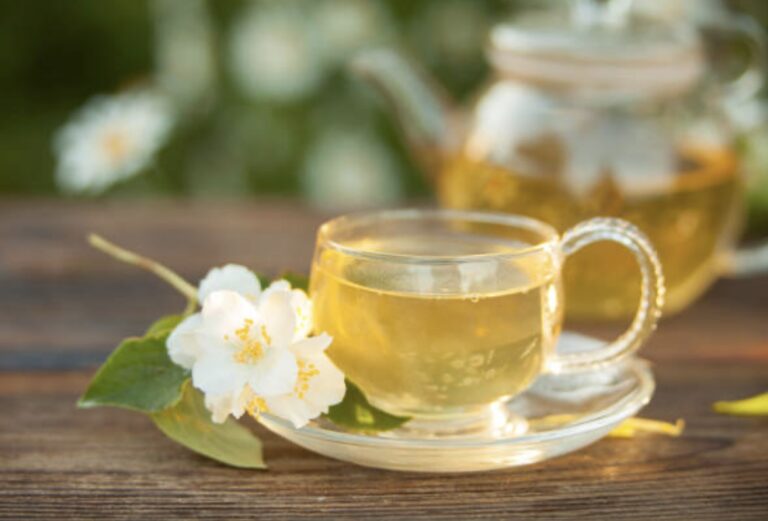
Understanding What White Tea Is and Its Varieties
White tea refers to the least processed type of tea picked from the Camellia sinensis plant. Its name comes from the delicate silver-white hairs on the bud, giving the dry tea leaves a white appearance. Depending on when it’s harvested, and how it is processed, white tea comes in different varieties—Silver Needle (the purest form), White Peony, and Long Life Eyebrow each boasting a unique flavor profile.
A Brief Comparison With Other Types of Tea
Unlike other teas, white tea is least processed and holds a delicate, fresh flavor profile that distinguishes it from the earthy green tea or the stronger black tea. In terms of caffeine content, it generally has less caffeine compared to its other counterparts.
Understanding the Nutrient Composition of White Tea
White tea is loaded with a group of powerful antioxidants known as polyphenols. These antioxidants are unique to white tea as their minimal processing helps preserve them. These not only give white tea its characteristic flavor but also its host of health benefits.
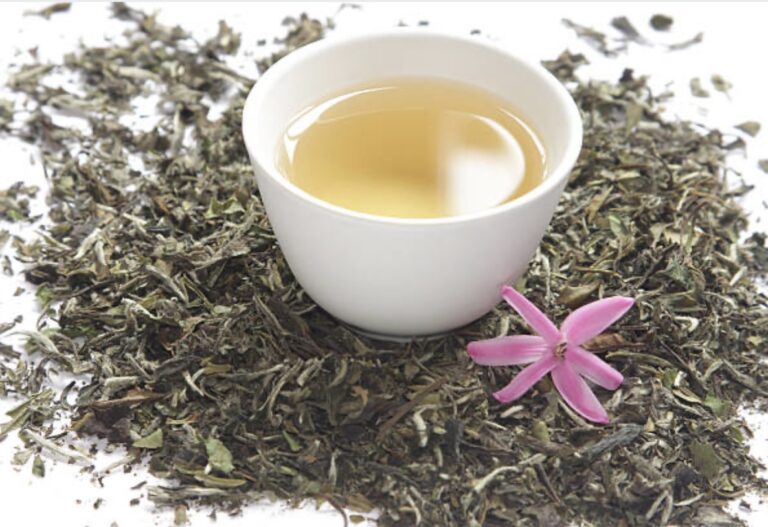
The Role of Antioxidants in White Tea
The main stars of white tea are a type of antioxidant called catechins. These protect our bodies against oxidative stress, a fundamental cause of many chronic diseases. On top of this, these antioxidants also play a vital role in boosting our immune system.
White tea versus Other Teas: A Closer look at Nutritional Values
Tea, in general, is highly nutritious—but white tea stands out. Being the least processed means it retains a higher amount of antioxidants. Now who doesn’t like a cup packed with health-boosting nutrients?
White Tea and Cardiovascular Health
White tea does wonders for your heart. Studies suggest that regular consumption of white tea may help reduce bad cholesterol, lower blood pressure, and aid in preventing heart diseases, all thanks to the antioxidants present.
Research Evidence on White Tea and Blood Pressure Regulation
Plenty of studies have acclaimed the role of white tea in blood pressure regulation. One study published in the “Journal of Biomedicine and Biotechnology” elaborated on how white tea antioxidants help relax blood vessels, promoting better blood flow.
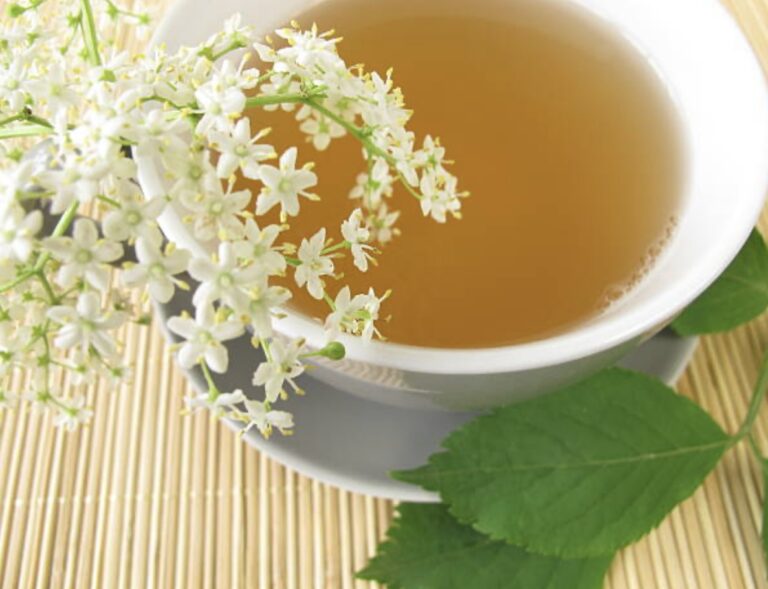
The Impact of White Tea on Cholesterol Levels
Regular consumption of white tea can lower LDL cholesterol, widely known as ”bad cholesterol”. Such effects surely give white tea some brownie points for cardiovascular health, don’t you think?
White Tea in Cancer Prevention and Recovery
Let’s venture into white tea’s role in the disease we all dread-cancer. Compelling research indicates that the antioxidants in white tea may have potential cancer-fighting abilities and might help prevent initial cell mutation.
The Role of White Tea in Cancer Prevention
White tea properties can inhibit the spread of cancer cells and even cause them to self-destruct—a process known as apoptosis. Fascinating, right?
How White Tea Aids in the Recovery Process Post-Cancer Treatment
After going through intense cancer treatments like chemotherapy, the body needs to restore and replenish. White tea can aid recovery due to its antioxidant properties and help in the process of regeneration.
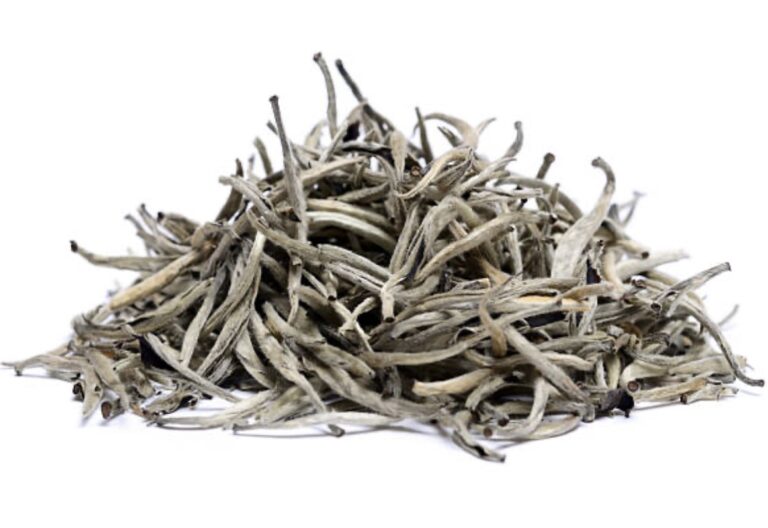
White Tea and Mental Health: An Unveiled Connection
Turns out, sipping white tea doesn’t just nourish your body—it also nurtures your mind. It’s an awesome drink for mental alertness, relaxation, and potentially aiding in neuroprotection.
White Tea as a Stress Reliever: What the Studies Suggest
Researchers believe that the theanine in white tea enhances your mood and relaxes your mind. Next time you’re feeling stressed, don’t forget to brew a cup of white tea!
Influence of White Tea on Memory and Cognitive Function
White tea’s antioxidants also play a vital role in cognitive health. Some laboratory studies suggest they may help improve memory performance by protecting brain cells.

Weight Control and Skin Health: A White Tea Game Changer
If you’re on a weight-loss journey or want to keep your skin glowing, you might want to add white tea to your diet. It’s a two-in-one solution for both weight management and skin health!
Taking a Closer Look at White Tea and Weight Management
Studies suggest that white tea can inhibit the growth of new fat cells and break down existing fats. There’s reason to believe that daily consumption may enhance weight loss—but remember, it’s not a magic potion!
Improving Skin Health with White Tea: The Science Behind It
With its anti-inflammatory and antioxidant properties, white tea can help protect your skin from oxidative stress and keep it firm and healthy. It could well be your natural, tasty skincare secret!
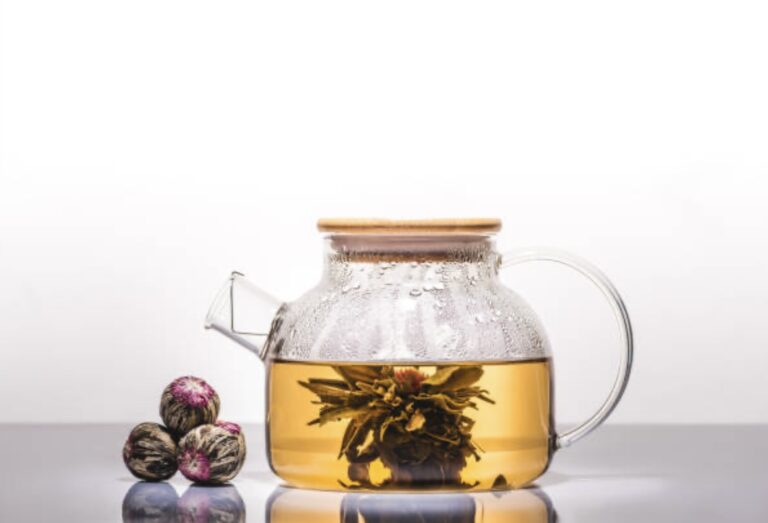
Sip to Perfection: Demystifying the Art of Brewing White Tea
Immerse yourself in the rejuvenating and enriching experience of brewing a perfect cup of white tea. This exquisite divinity, known for its refreshing light flavor, has been winning hearts worldwide.
A Brief About White Tea
Originating from the Camellia sinensis plant in China, white tea gets its name from its fine silvery-white hairs on the young shoots. It’s one of the most delicate tea varieties, as it’s minimally processed. The beauty of white tea lies in its subtlety, gentle fragrance, and refreshing flavor.
Embracing the Virtues of White Tea
White tea is known for its incredible health benefits. It’s rich in antioxidants promoting overall health, helps in weight management, and even contributes to nurturing skin health.
Let’s Brew It Right
Getting the process of brewing white tea right can significantly impact the taste and quality of the tea. Here is a step-by-step guide to help you.
-
Begin by selecting a high-quality loose-leaf white tea. The freshness of the leaf can drastically influence the taste of the tea.
-
Heat the water to the right temperature. White tea is delicate and needs a lower temperature (around 175-185 degrees Fahrenheit) so as not to destroy its subtle notes.
-
Measure the right amount of tea. Generally, 2 teaspoons of tea leaves per 8 ounces of water hit the sweet spot.
-
Steeping the tea is where the magic happens. Aim for a steeping time between 1 and 5 minutes. Be sure to experiment within this range as longer steeping can bring out additional flavors.
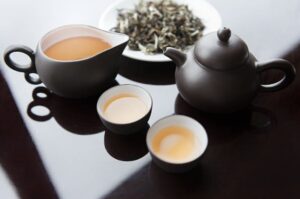
Remember, the joy of tea lies in its personalization. Always feel free to tweak the process to suit your preference.
Cautionary Tales
While brewing white tea, one must avoid using boiling water as it can over-extract the leaves, leading to a bitter taste. Also, oversteeping may mask the tea’s natural subtleties.
The Perfect Cup in Your Hands
Picture yourself holding a warm cup of perfectly brewed white tea, savoring the delicate flavors that dance on your tongue, and the gentle aroma enveloping your senses. Pure bliss, right?
Wrapping Up: A Sip into Tranquility
The art of brewing white tea is a journey rather than a destination. It’s about experiencing the blend of traditions and personal preferences. So, get started, let your senses guide you, and immerse in the tranquility of a perfectly brewed white tea.
Remember, it’s all in the small details – the quality of leaves, water temperature, and steeping time all play a crucial role in defining your perfect cup. Cheers to your journey towards mastering the art of brewing white tea!

Bravo, dear reader—you’re now versed in the health benefits of white tea! With its rich antioxidant content, it’s a remarkable brew that potentially aids heart health, cancer prevention, skin health, weight management, and mental well-being. Like any other beverage, moderation is the key.
So the next time you’re sipping on a cup of white tea, take a moment to appreciate all the health benefits it’s offering. To your health and happiness!
Frequently Asked Questions
Absolutely! White tea can be a healthy addition to your daily routine. But remember, too much of anything can be harmful.
Having two to three cups of white tea a day could be beneficial to enjoy its full health perks.
Excessive consumption might lead to an upset stomach or insomnia due to its caffeine content. However, it’s generally considered safe to consume in moderation.
Each type offers its health benefits. However, white tea is the least processed and is hence, richer in antioxidants.
Yes, studies have suggested that white tea may assist in weight management and skin health. But remember, it works best when paired with a balanced diet and a good skincare routine.
Yes, in moderation. However, it’s always best to consult a healthcare provider due to its caffeine content.
White tea contains Theanine which has been shown to induce relaxation and reduce stress. However, it should not be a substitute for professional mental health assistance.
Yes, studies find that regular consumption of white tea can support cardiovascular health by reducing bad cholesterol and blood pressure levels.
Yes, studies find that regular consumption of white tea can support cardiovascular health by reducing bad cholesterol and blood pressure levels.


